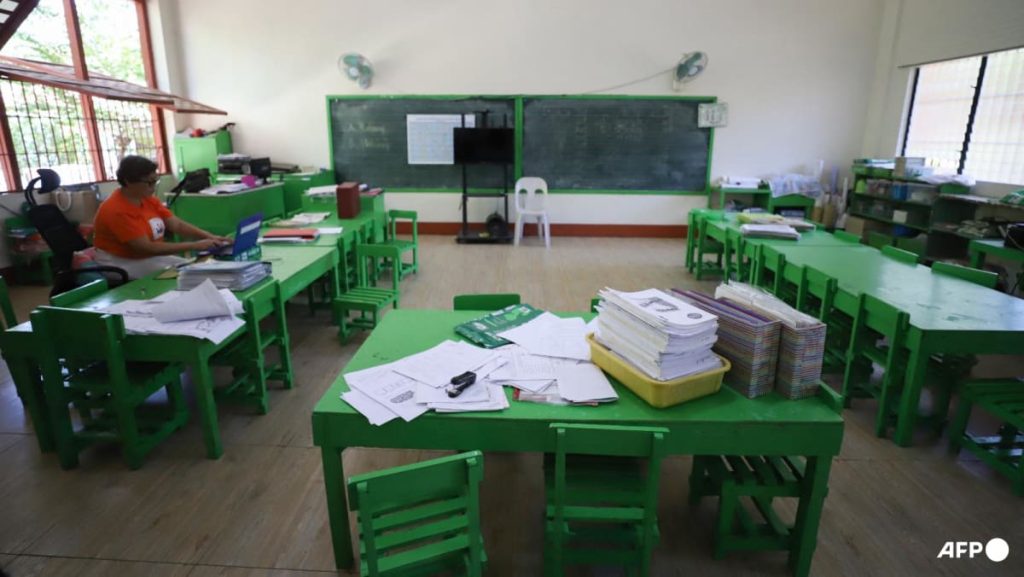The Philippines experienced a scorching heat wave on Friday, leading to the suspension of in-person classes in thousands of schools across the country. The extreme heat posed a threat to the safety and well-being of students and teachers, prompting the education department to take precautionary measures. The decision to suspend classes was made to protect individuals from heat-related illnesses and ensure their well-being during the intense weather conditions.
Parts of the Philippines were hit with dangerously high temperatures, making it difficult for students and teachers to focus and function properly in a school environment. With the heat wave affecting various regions of the country, it became imperative for schools to prioritize the safety of their students and staff by temporarily halting in-person classes. The suspension of classes aimed to prevent heat-related illnesses and provide relief to individuals struggling to cope with the extreme weather conditions.
The education department’s decision to suspend in-person classes highlighted the importance of prioritizing the well-being and safety of students and teachers during extreme weather events. By taking proactive measures to mitigate the risks associated with the high temperatures, schools demonstrated their commitment to ensuring a safe learning environment for all individuals. The suspension of classes served as a necessary step to protect students and staff from the harmful effects of the heat wave.
The heat wave in the Philippines underscored the vulnerability of individuals to extreme weather conditions and the need for proactive measures to safeguard their health and well-being. With temperatures soaring to dangerous levels, schools across the country acted swiftly to suspend classes and prioritize the safety of their students and staff. By recognizing the risks posed by the heat wave, educational institutions demonstrated their commitment to ensuring the welfare of their community members.
As the Philippines grappled with the impacts of the heat wave, the suspension of in-person classes served as a timely response to the challenges posed by the extreme weather conditions. By acknowledging the risks associated with the high temperatures and taking preventive action, schools sought to protect their students and staff from heat-related illnesses. The decision to suspend classes reflected a proactive approach to ensuring the safety and well-being of individuals in the face of a natural disaster.
In conclusion, the suspension of in-person classes in thousands of schools in the Philippines due to a scorching heat wave highlighted the importance of prioritizing the safety and well-being of students and teachers during extreme weather events. By taking proactive measures to protect individuals from heat-related illnesses, educational institutions demonstrated their commitment to providing a safe learning environment for all. The decision to suspend classes underscored the vulnerability of individuals to extreme temperatures and the need for preventative action to mitigate the risks associated with the heat wave.















